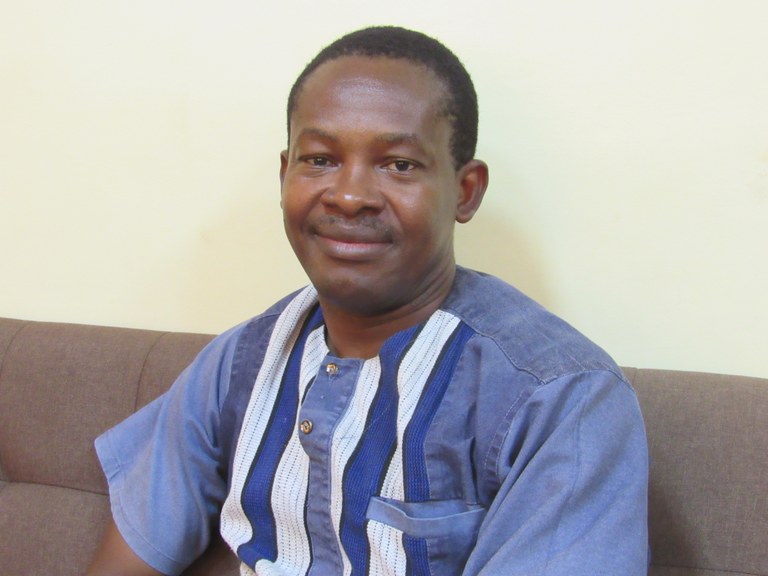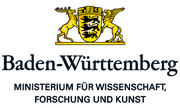Lecture ‘Colonial violence and postcolonial identity: in search of self-determination in West Africa’
The academic lecture by Dr Kokou Azamede from the University of Lomé in Togo is being held in cooperation with the Research Training Group 2571 ‘Empires. Dynamic Change, Temporality and Post-Imperial Orders’ and the initiative De/Coloniality Now.
Abstract
The effects of German colonialism - exploitation, forced labour, deportations, repression, destruction of traditional order - can still be felt in West Africa today. The inadequacies of African elites in leading their populations out of manifest crises of identity and development are closely linked to this painful history. Post-colonial identity is central to the search for emancipation and suitable development strategies - and this remains characterised by colonial experience. The lecture will outline the socio-cultural changes in the formerly colonised societies and explain how an honest debate about colonial injustice can enable West African societies to reconcile with their broken identity and achieve self-determination.

(c) Kokou Azamede
Dr Kokou Azamede is a lecturer at the University of Lomé, Department of German Studies/Cultural Studies. He completed his doctorate at the University of Bremen in 2008 on the topic: ‘Transculturations? Ewe Christians between Germany and West Africa, 1884-1939’. His research focusses on transcultural studies, German missions and German colonialism as well as German colonial photography from West Africa. He was a fellow of the Hanns Seidel Foundation 2001-2002 in Bayreuth and of the Volkswagen Foundation 2004-2005 in Bremen. Postdoctoral fellow of the DAAD 2010 & 2014 in Bremen, the Fritz Thyssen Foundation 2012-2013 in Frankfurt/M, the Merian Institute of Advanced Studies in Africa - MIASA 2021 in Accra, and from May to July 2022 guest lecturer at the University of Tübingen. His current research projects relate to the recontextualisation of human remains and colonial objects from German Togo in German museums, and the question of colonial heritage. He is the winner of the 2022 Jakob & Wilhelm Grimm Prize of the DAAD.






